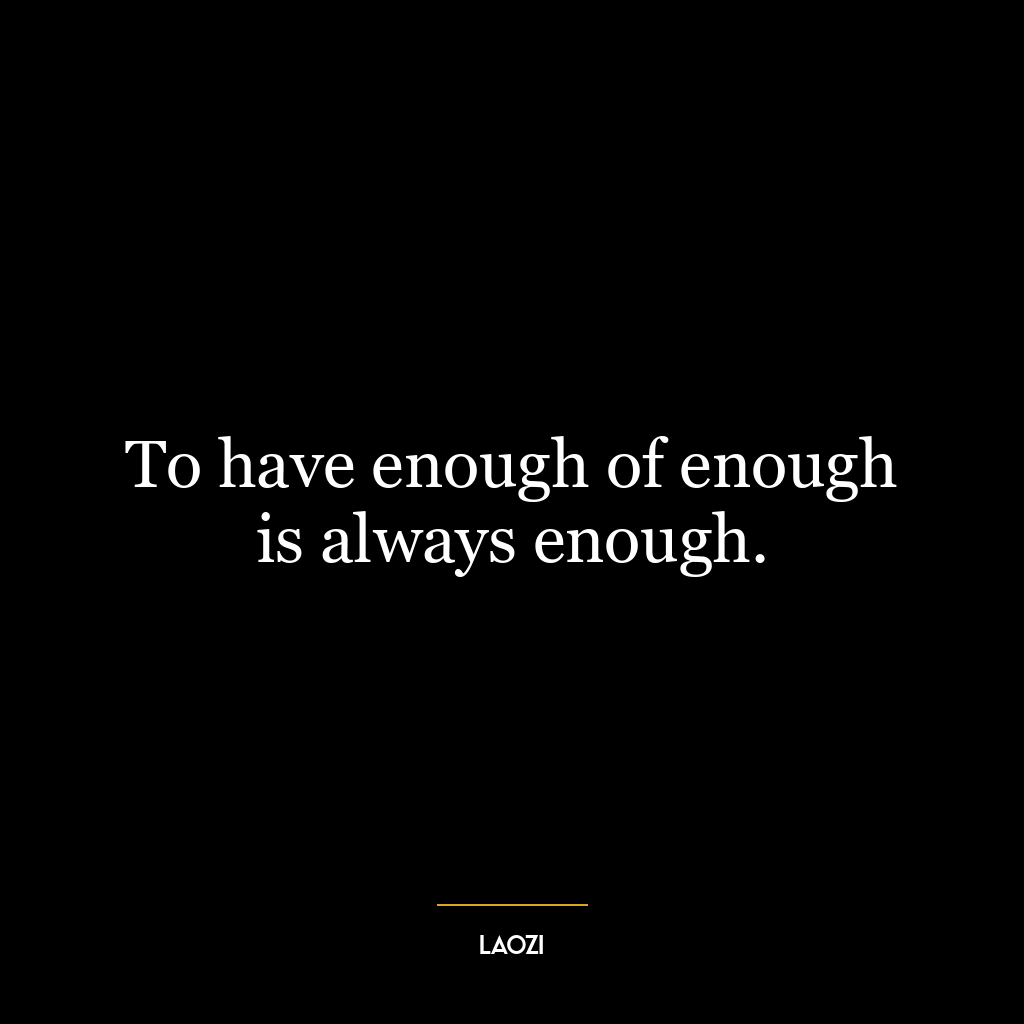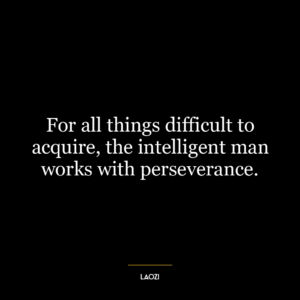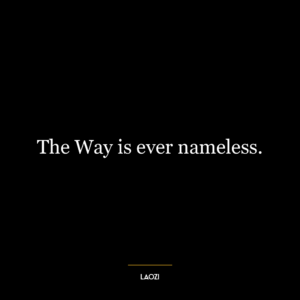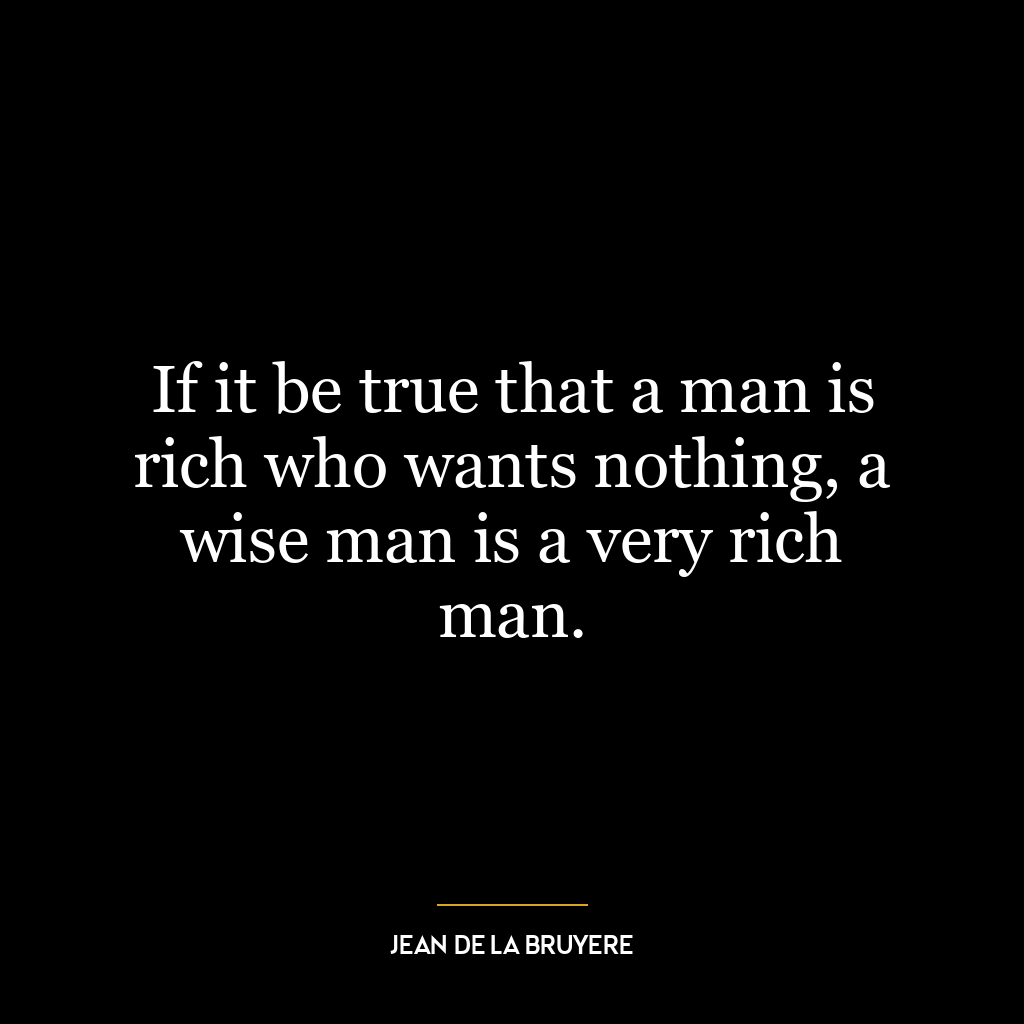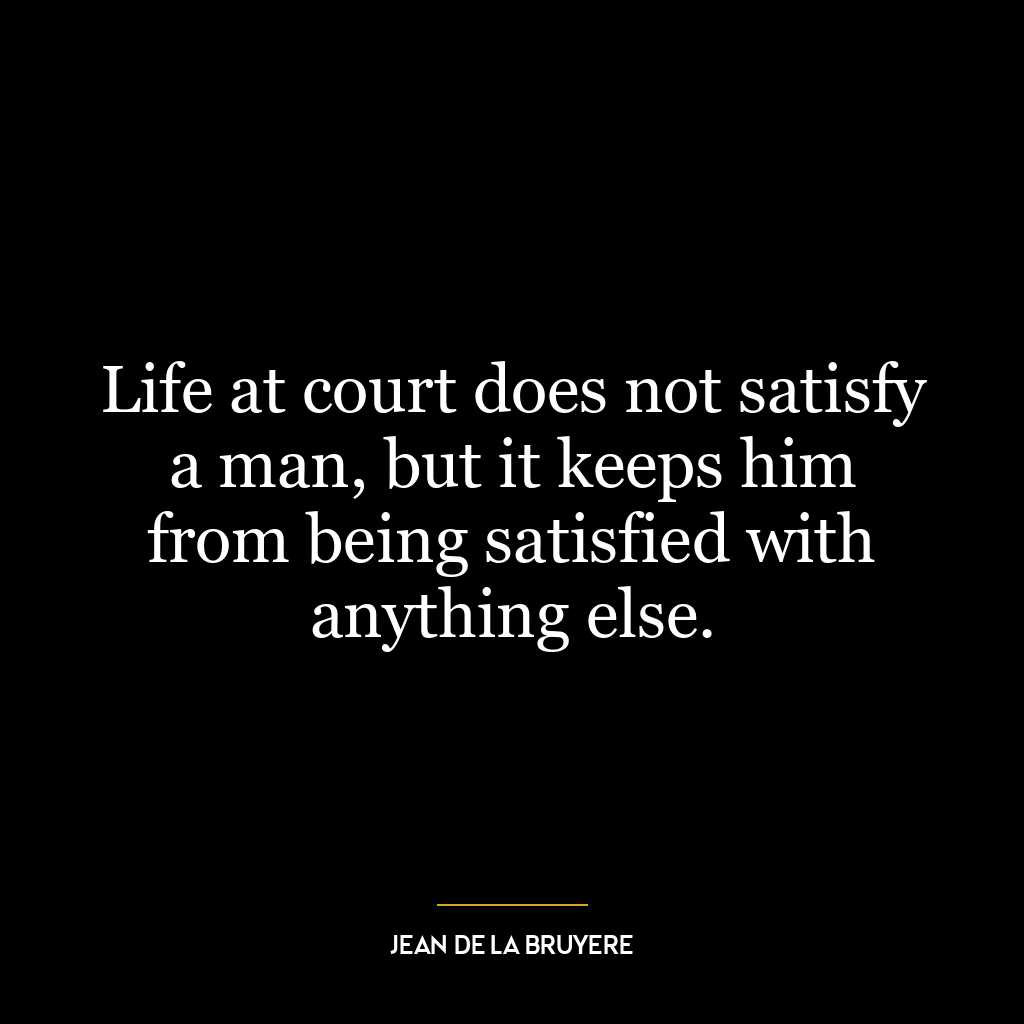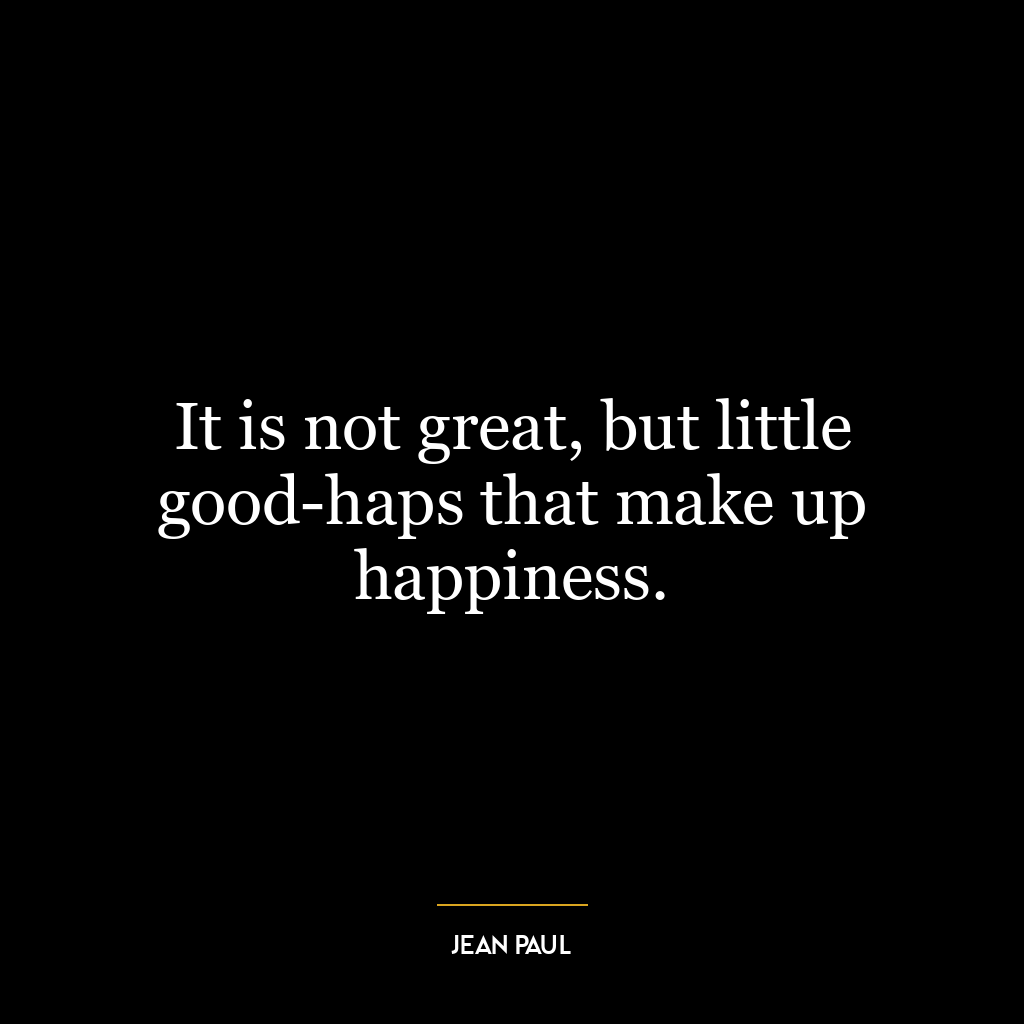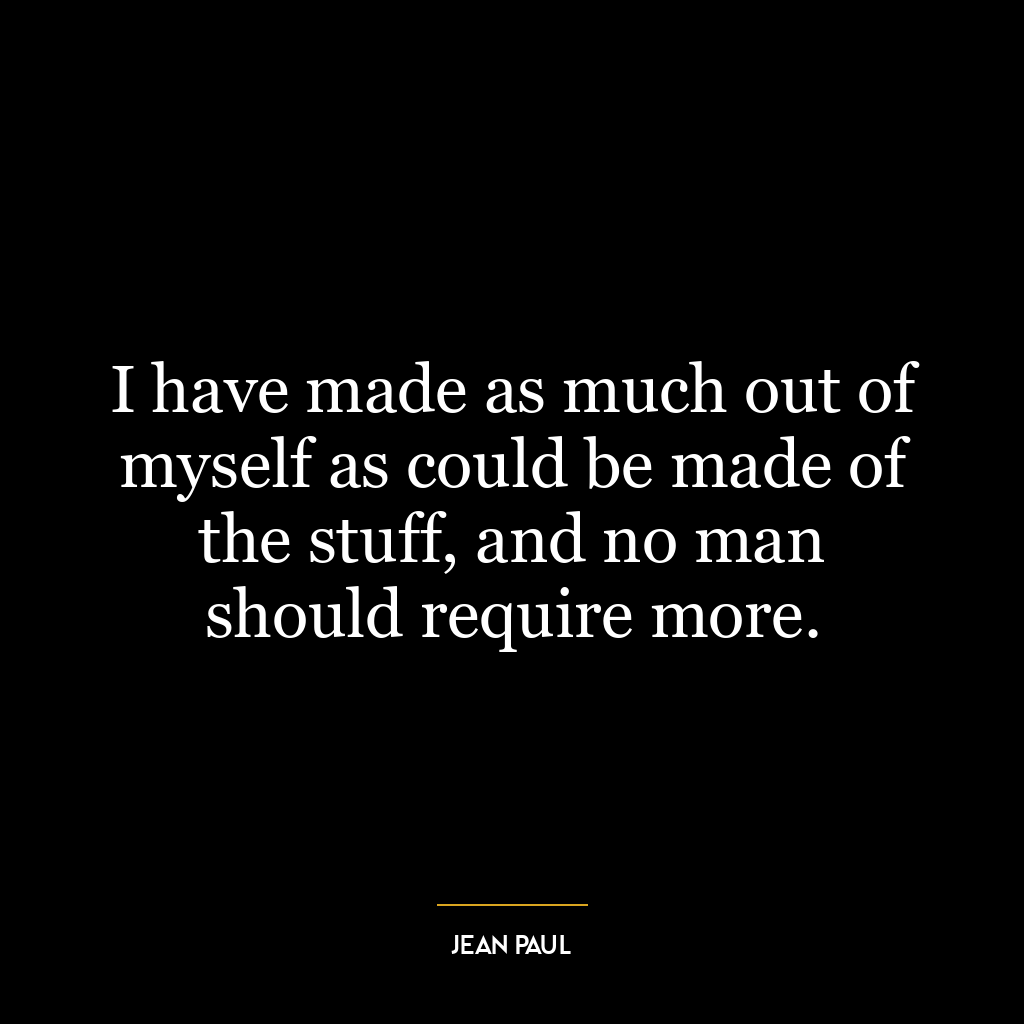To have enough of enough is always enough.
The quote, “To have enough of enough is always enough,” is a profound reflection on contentment and the human tendency to desire more. It suggests that recognizing and appreciating what one already has is the key to satisfaction. In other words, when one understands what ‘enough’ means for them and reaches that point, they should feel complete and fulfilled. The repetition of ‘enough’ emphasizes the importance of this understanding and the peace it brings.
The quote also invites us to question the societal standards of success and happiness, which often equate them to material wealth or achievements. It encourages us to redefine ‘enough’ based on our personal needs and desires, rather than external expectations or comparisons with others. This perspective shifts the focus from constant striving and competition to self-awareness and inner peace.
In today’s fast-paced, consumer-driven world, this idea is particularly relevant. We are often bombarded with messages that we need more – more money, more possessions, more achievements – to be happy. This can lead to a never-ending cycle of desire and dissatisfaction. However, by recognizing and appreciating what we already have, we can break this cycle and find contentment.
In terms of personal development, this quote might be interpreted as a call to cultivate gratitude and mindfulness. By becoming more aware of our needs, desires, and the abundance already present in our lives, we can develop a healthier relationship with ourselves and the world around us. We might also learn to make more conscious, intentional choices that align with our true values and priorities, rather than being driven by external pressures or unexamined habits.
Moreover, embracing the principle of ‘enough’ can also lead to a more sustainable, balanced lifestyle. It can encourage us to consume less, waste less, and appreciate more, which not only benefits our personal well-being but also contributes to a healthier planet.

